China faced the worst brunt of the tariffs introduced by US President Donald Trump as goods imported from the country will now face a combined total tariff rate of 54 per cent duties. The figure was later confirmed by US Treasury Secretary Scott Bessent during an interview with Bloomberg Television.
Bessent said that all goods imported from China would face 54 per cent tariffs based on White House’s calculation of what it currently imposes on US exports, along with 20 per cent Trump had already imposed against Beijing shortly after he assumed power. Bessent mentioned that while there may be room for discussions about the rates, Trump is most likely to stand his ground for now.
“It’s going to be up to President Trump to see what he wants to do. I think the mindset might be to let things settle for a while,” the US Treasury Secretary told Bloomberg, adding: “I am sure there are going to be a lot of calls. I just don’t know if there’s going to be negotiations.”
Why does it matter?
It is pertinent to note that the United States imports nearly $500 worth of goods from China every year. Despite animosities, China continues to remain America’s third-largest source of foreign goods. Not only this, big-box retailers rely heavily on China for low-cost sourcing — and their stocks fell in after-hours trading Wednesday.
While Target was down as much as 5.5 per cent, Walmart was off by 4.7 per cent. Chinese authorities are yet to respond to the matter, but they have earlier claimed that Beijing is preparing to take reciprocal actions.
Quick Reads
View AllMeanwhile, Australian Prime Minister Anthony Albanese warned that the new duties, which would take effect next week, will harm not just long-standing partners but also new duties, which would take effect next week, will harm not just long-standing partners but also US families.
“The administration’s tariffs have no basis in logic, and they go against the basis of our two nations’ partnership. This is not the act of a friend,” Prime Minister Anthony Albanese said at a news conference Thursday morning in Melbourne. “Today’s decision will add to uncertainty in the global economy, and it will push up costs for American households,” he added.


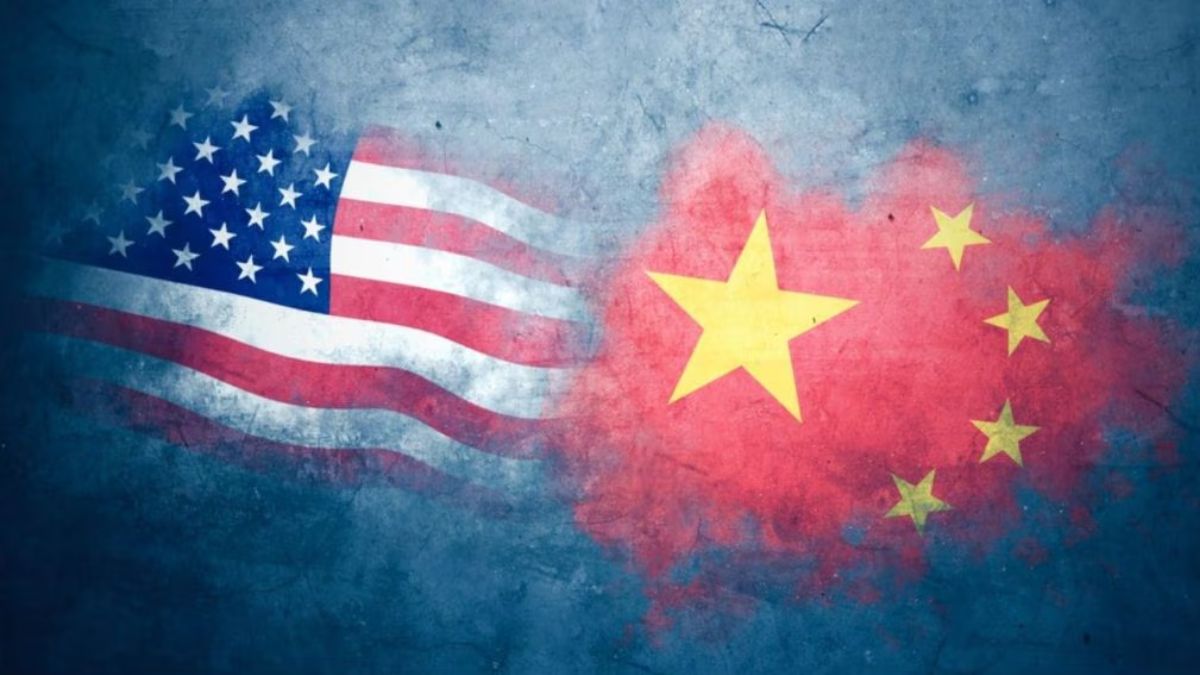)

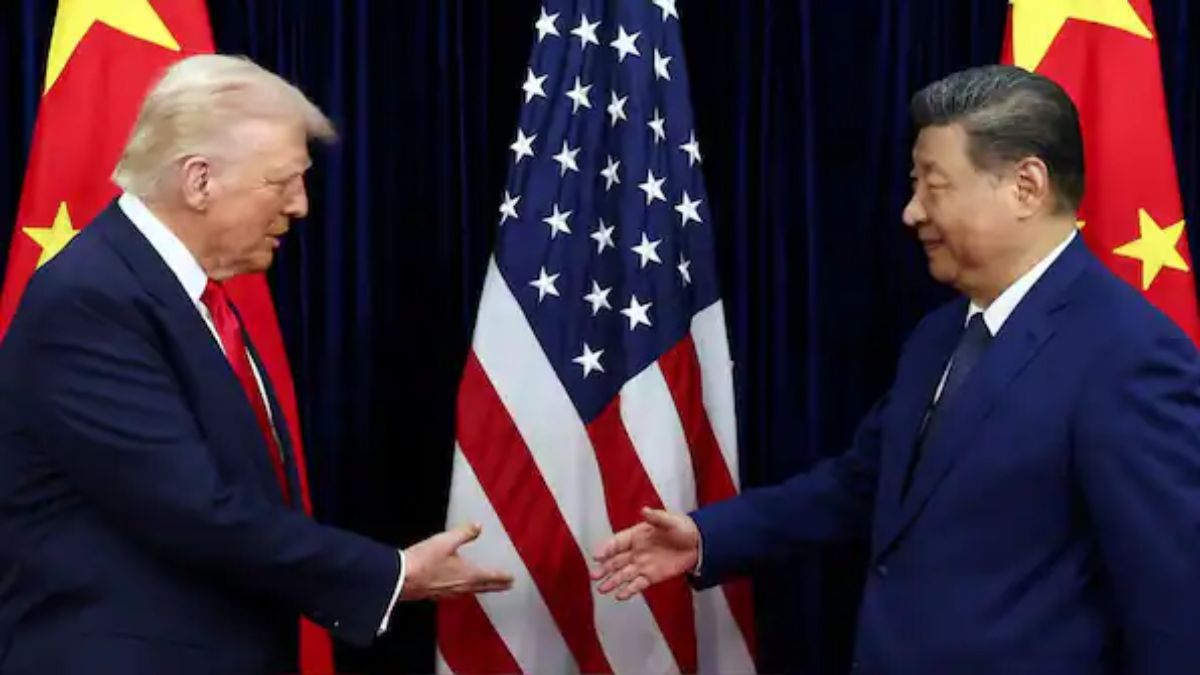)
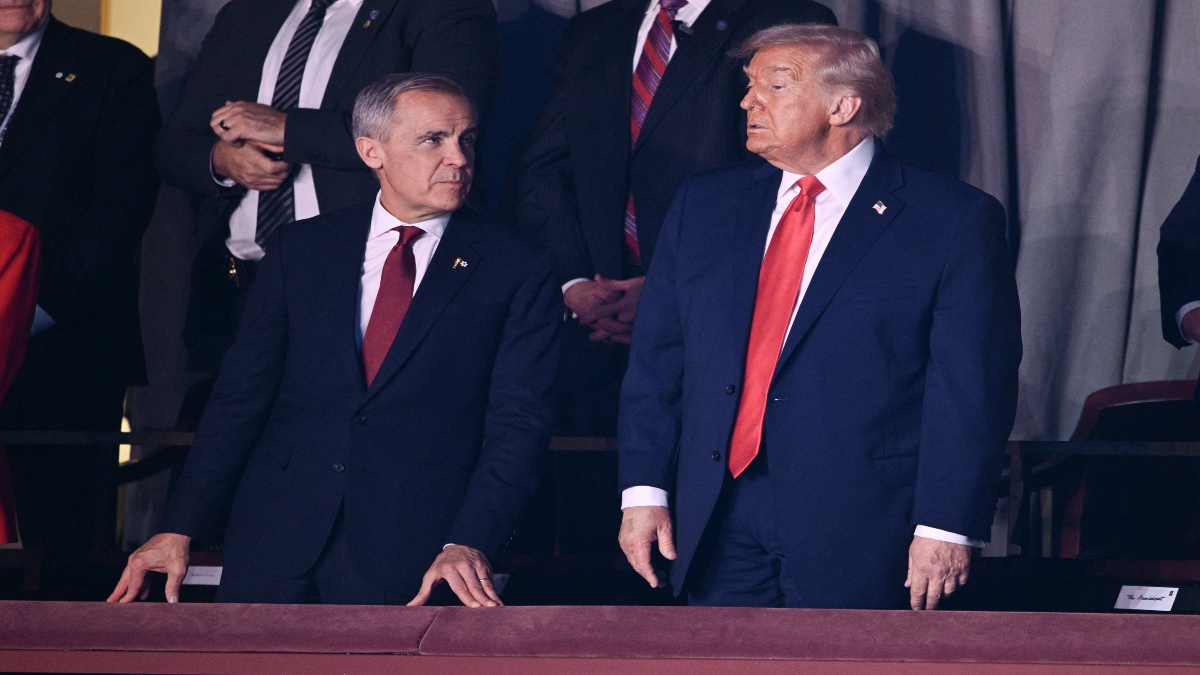)
)
)
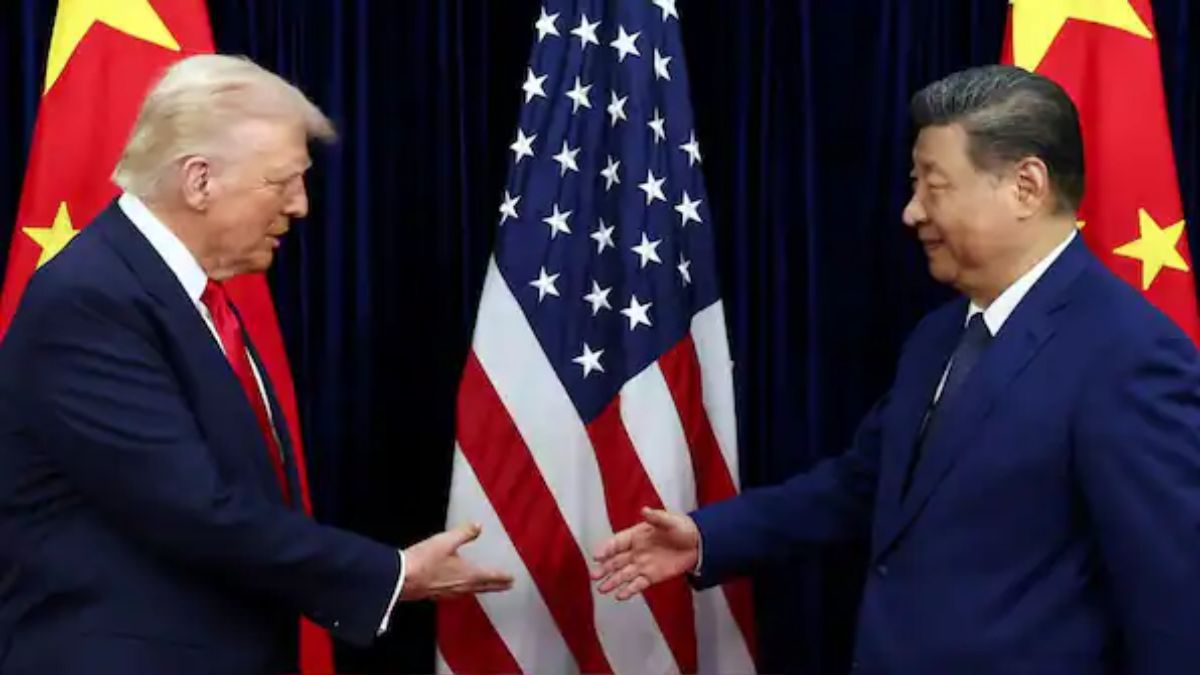)
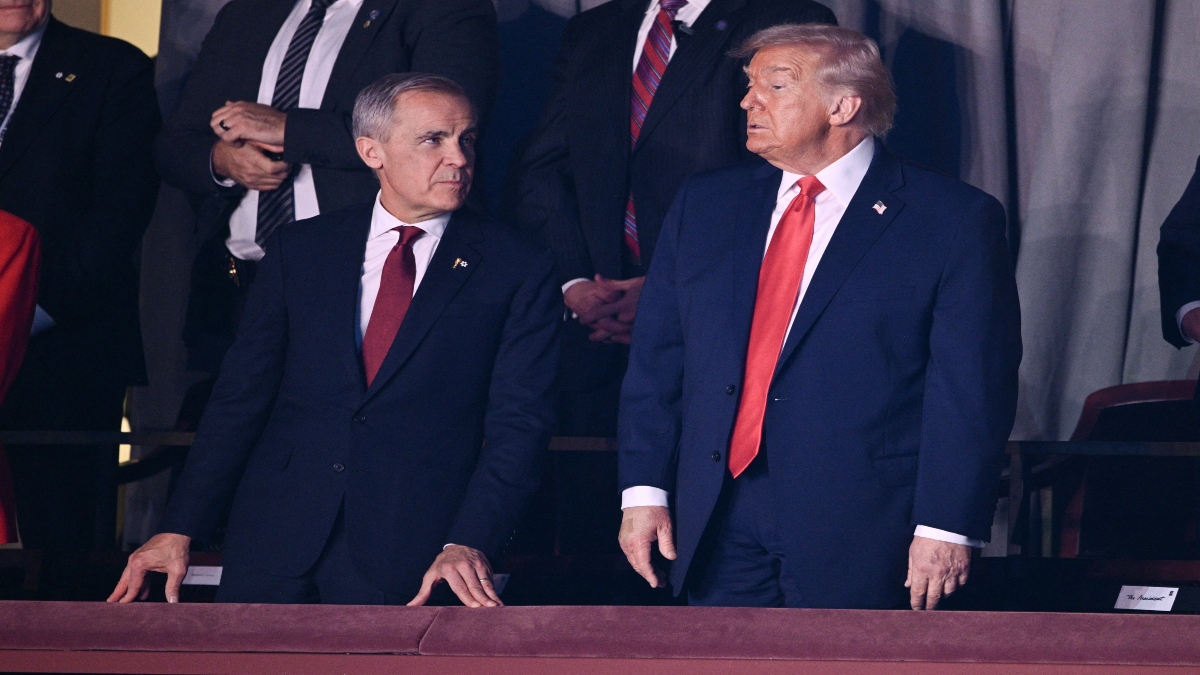)
)
)



